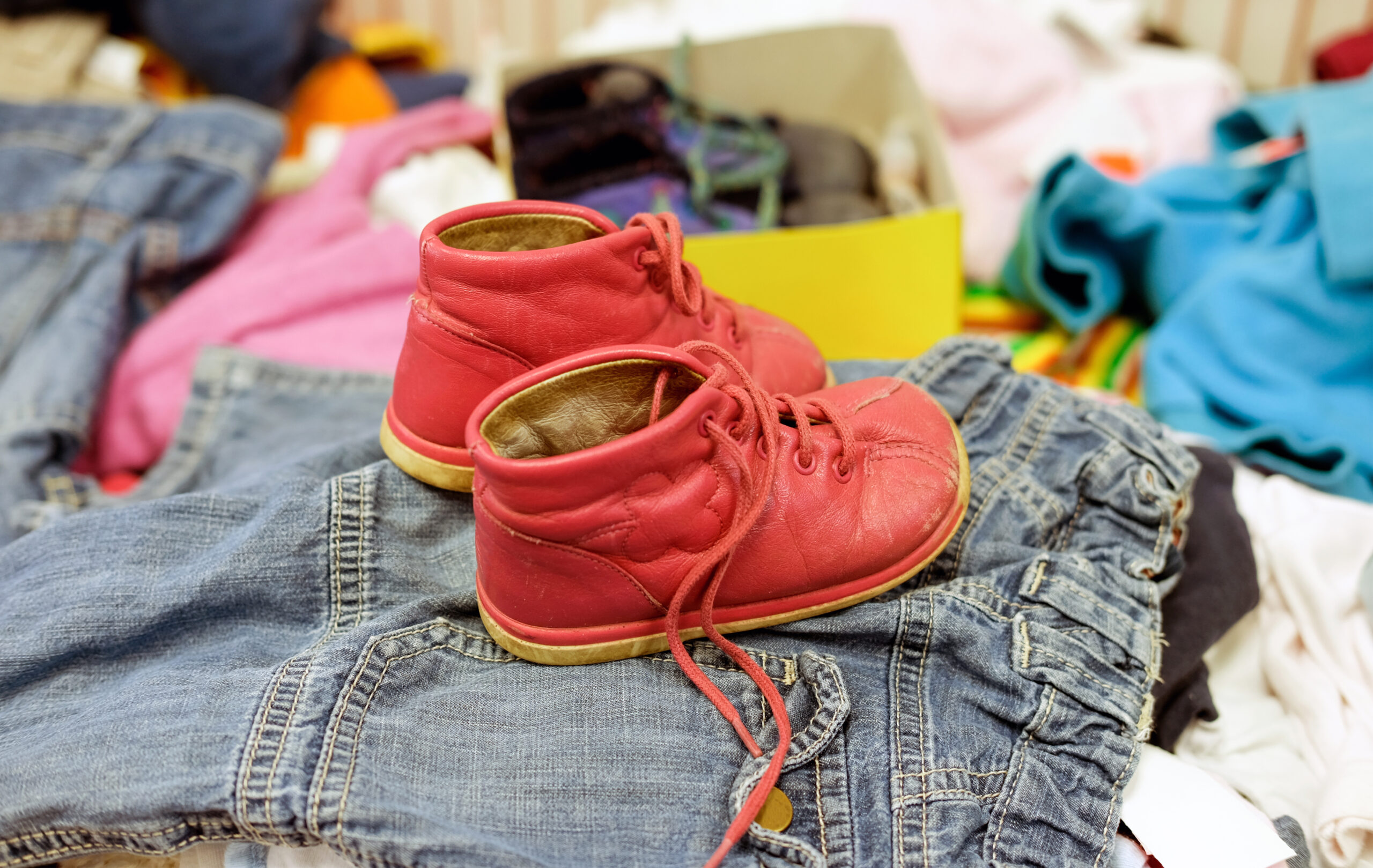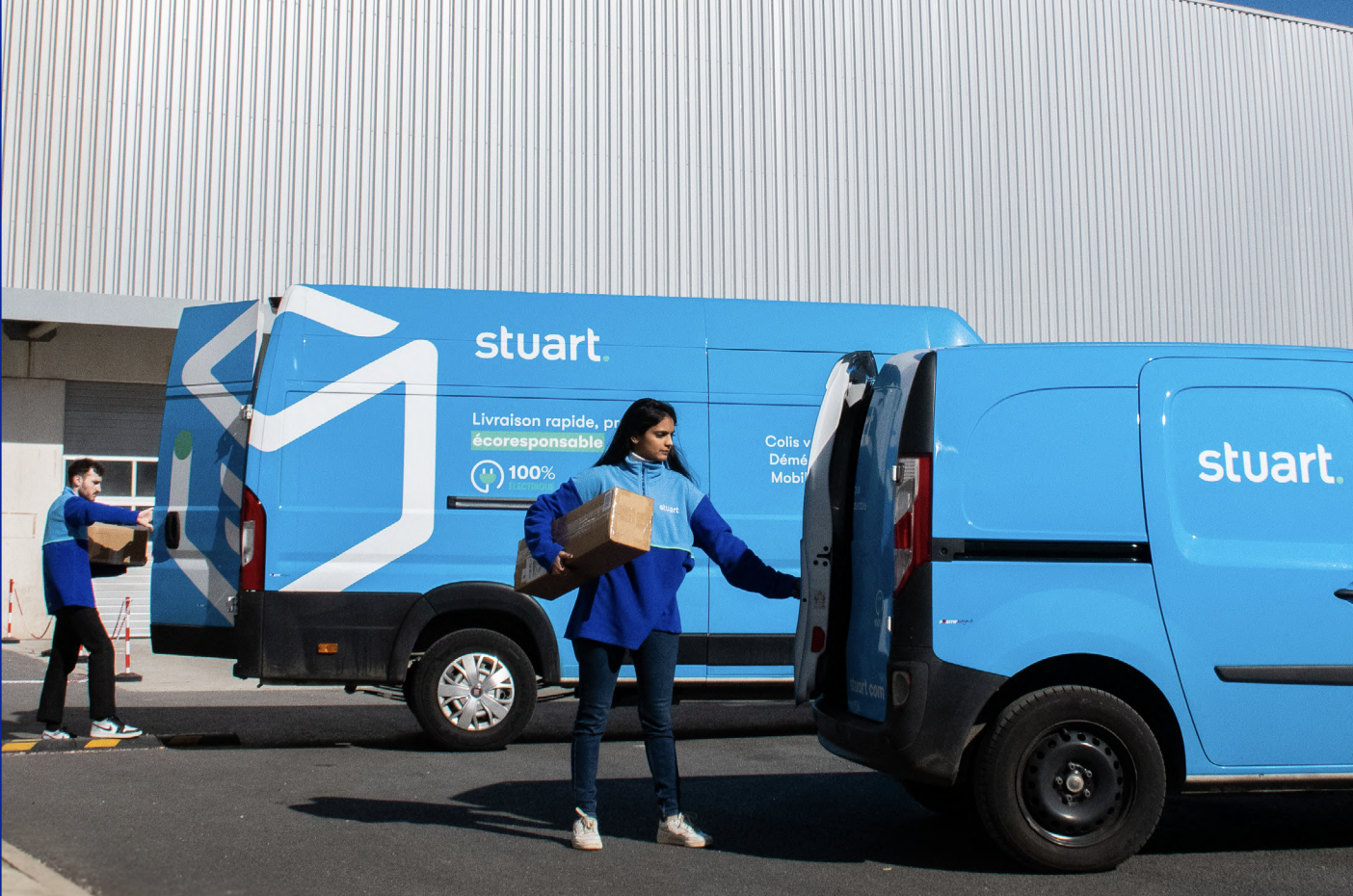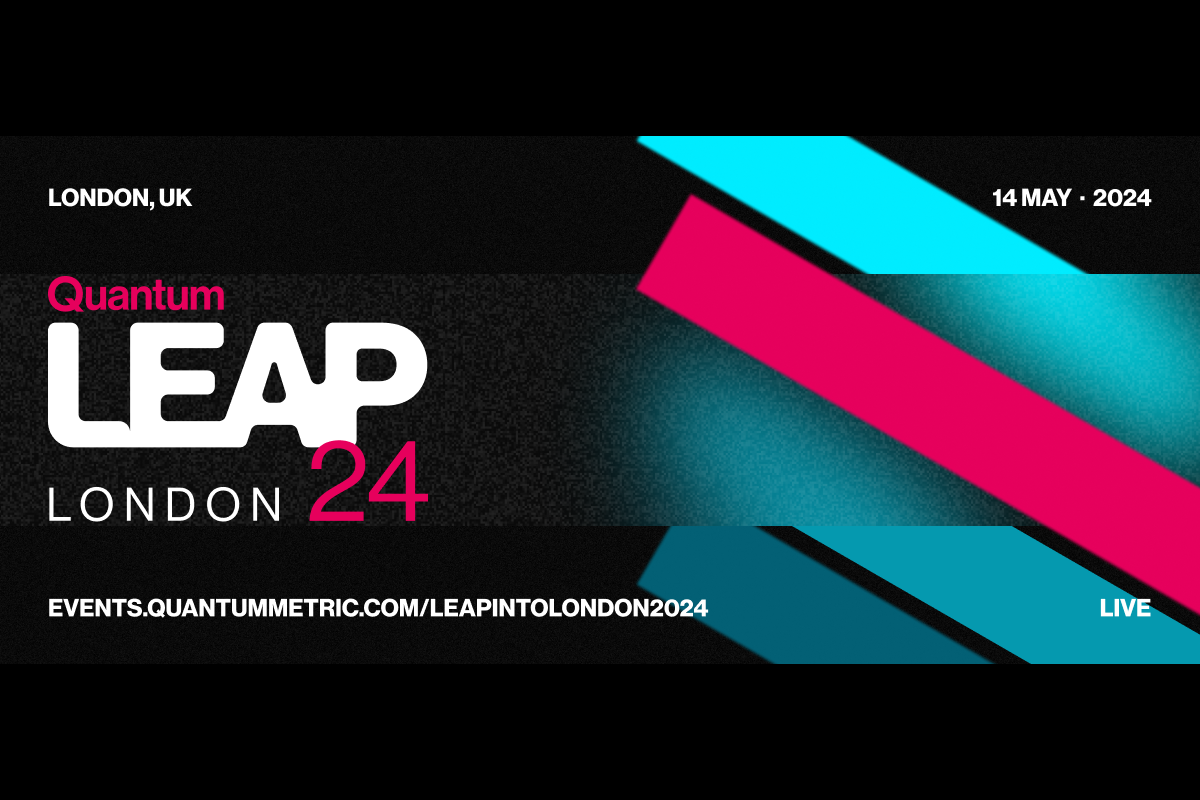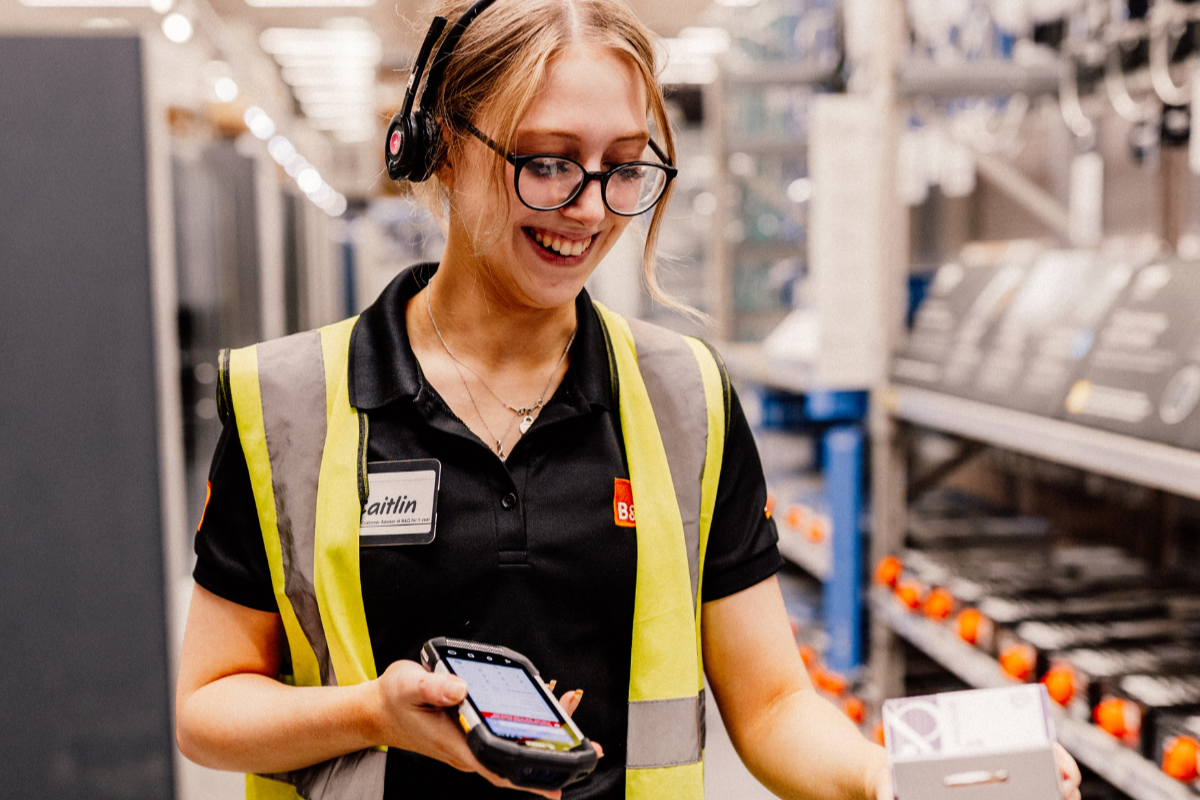A new multichannel designer homewares brand has launched with the promise of a new approach to sustainability, from the way it makes products through to the way it sells them – and buys them back at the end of their life.
Pentatonic launched in London and Berlin this week with £4.3m in backing from its first round of funding. The homewares and accessories business was founded by Jamie Hall (pictured left), previously global GM of the NikeLab at Nike, and Johann Boedecker (pictured right) who was GM corporate business at materials technology giant Miniwiz.
The brand promises to use approaches including automotive manufacturing technology to make environmentally friendly homewares and accessories with a contemporary designer feel from waste including plastic, metals and glass, including e-waste from smartphones and computers.
The business says it will, “reshape the entire retail model associated with homeware production”, manufacturing close to where products are sold via an online and offline model, that includes digital selling a, and pop-up retail stores.
Its first pop-up will open in Shoreditch later this month and will be made using local rubbish, according to co-founder and CMO Jamie Hall.
He said: “We will assemble them using local trash, transformed into building models by our solar-powered, mobile recycling plant Trashpresso, which will be exhibited at Somerset House during London Design Festival. In addition, several aspects of our Shoreditch pop-up will be built using discarded London Fashion Week show sets, a surprisingly large local waste stream at that time of year in the city.”
He added: “These short-term stores will always be inner city locations, not requiring an out-of-town drive or far reaching delivery routes. The stores will be small footprint, part digital showroom, part store, reducing demands on space and energy compared to that of a 60,000 sq ft box in a retail park.”
Initial investment has come from investors from as far afield as China and Berlin for the brand that also offers a lifetime buy-back guarantee on the items it sell.
Hall said: “We have built Pentatonic to create a brighter future for our customers and our planet and so we needed a contemporary model of consumer interaction and retail experience to support that mission. You will not find Pentatonic in out of town big-box retail parks. You’ll find us in your phone and your neighborhoods. Our investors bring both funds to advance our product range as well as a wealth of experience and expertise within technology, environment and financing sectors to help quickly propel us from a start-up to a prominent European consumer brand.”
Co-founder and chief executive Johann Boedecker said: “Our non-negotiable commitment to the consumer is that we make our products using single materials. That means no toxic additives and no hybridised materials which are prohibitive of recyclability. As such, this represents a radical departure from the traditional design, manufacturing and consumer service models in the homeware and accessories industry. This enables us to simply recycle our products into new products at the end of life, and thus brings our consumer into our supply chain. This inclusivity and incentivising will deliver an almost zero waste of our products post-use.”
Boedecker continued “Many current big market players rely on being purely digital for scalability. Pentatonic’s business model means we not only benefit from this, but we’re the first in the industry to use some of the world’s finest automotive manufacturing machinery within our manufacturing, which is not only more environmentally friendly but inherently very scalable.”
Pentatonic will be taking part in this year’s London Design Festival, starting on September 16, as part of Design Frontiers, an exhibition exploring the intersection between future-thinking and commerce, innovation and the demands of the modern marketplace.









